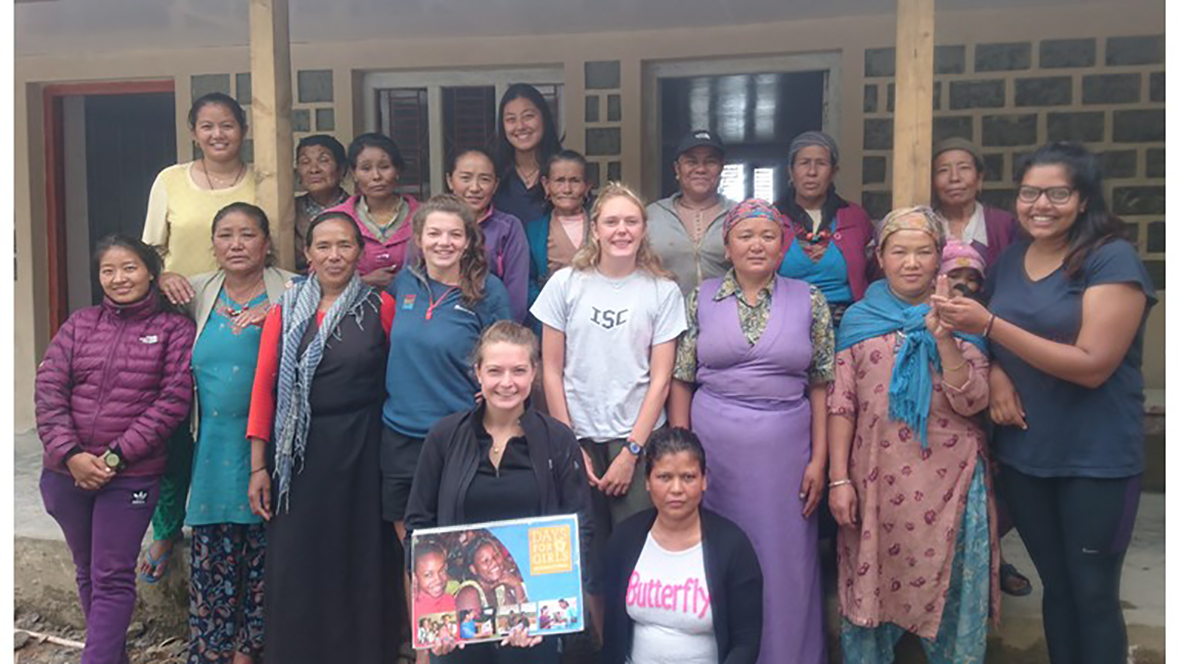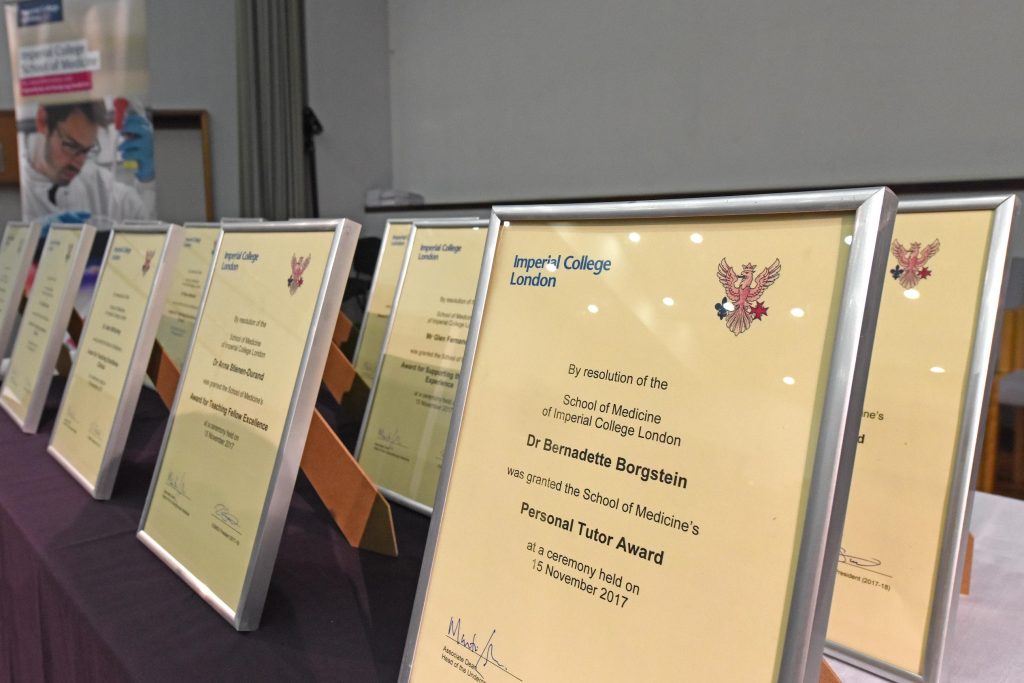
A team from Medicine’s Faculty Education Office are raising money for the charity Days for Girls, supporting a team of MBBS students heading out to rural Nepal in May.
In 2016, the School of Medicine collaborated with the ICSM Students’ Union and charity Community Action Nepal, to produce ‘Imperial College Enables’, giving students the opportunity to experience healthcare systems entirely different to that of the UK.
The project grew in 2017, and from the work the students did on their visit to Nepal came a relationship with the charity Days for Girls, which supports young women around the world by distributing female hygiene kits and education materials about menstruation.
Many women in rural Nepal struggle to manage their periods, some using rags and many forced to stay indoors for the duration, and the level of education about menstruation is low.
During the students’ visit, word spread quickly between the rural communities, and many women walked many miles to a health post to collect a hygiene kit. The students soon ran out of the kits, which are colourful bags containing washable sanitary pads and underwear.
Each kit can last up to three years, and costs just £5.14 to produce. The kits are also sewn and put together in Nepal, offering the extra benefit of employment for local people.
In May 2018, students will return to the Nepalese health posts previously visited, as part of a new second-year MBBS module, Clinical Research and Innovation. The aim is to prepare these students with 1033 hygiene kits – the number of female students currently in the School of Medicine.
The FEO team spearheading the fundraising initiative alongside Head of MBBS Years 1 and 2, Professor Mary Morrell, are Jo Williams and Margaret Rodger, Programme Officers for MBBS Years 1 and 2; Hannah Pietruszewska, Education and Finance Officer; Labbie Farrell, Programme Assistant for MBBS Years 1 and 2; Emma Blyth, Instructional Designer; and Agata Sadza, Blended Learning Specialist. (more…)
Read Faculty Education Office staff fundraising for charity supported through new MBBS module in full


 Mr Martin Lupton (previously one of the Deputy Directors of Education) has been appointed as Head of Undergraduate School of Medicine. Martin took some time to speak to us about his new role, what the reorganisation means for medical students and how he believes the university education experience will evolve in the coming years.
Mr Martin Lupton (previously one of the Deputy Directors of Education) has been appointed as Head of Undergraduate School of Medicine. Martin took some time to speak to us about his new role, what the reorganisation means for medical students and how he believes the university education experience will evolve in the coming years.